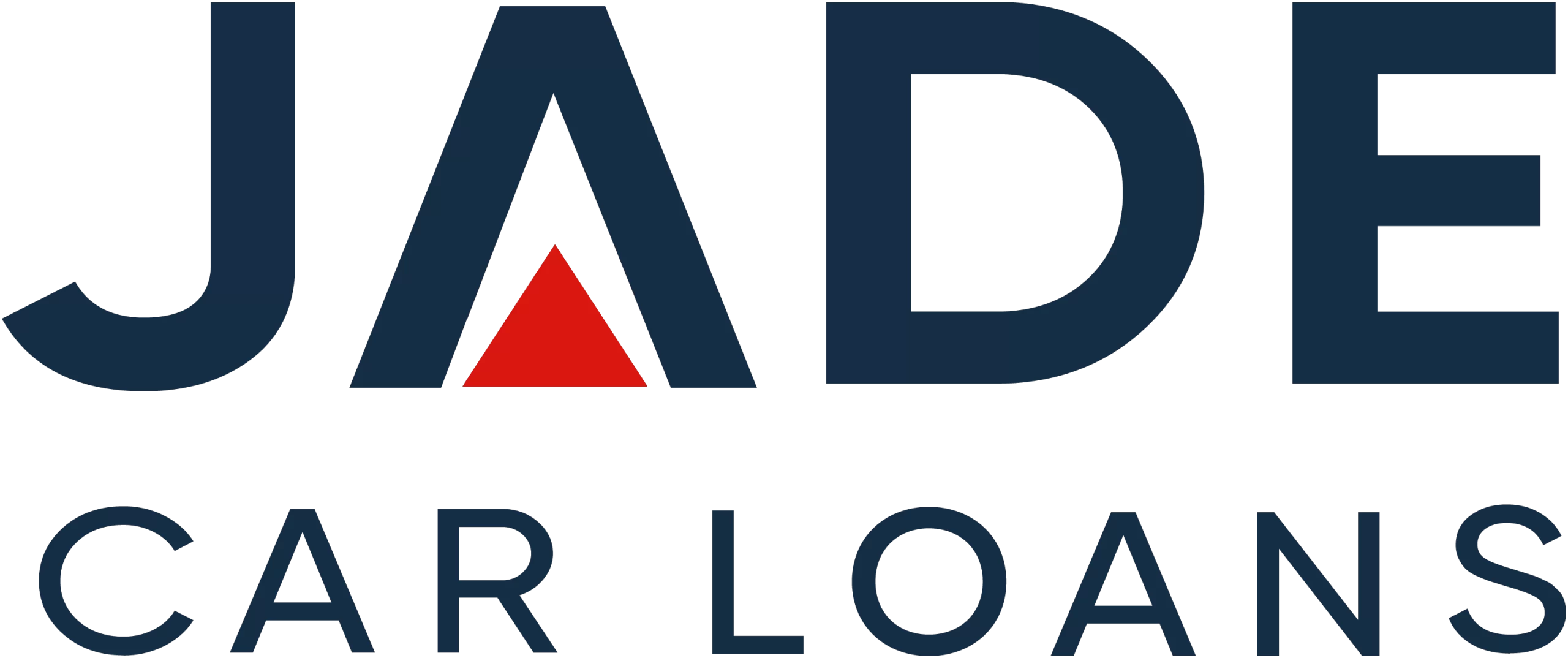With inflation falling again to the end of December 2023 and with Reserve Bank of Australia commencing its regular monetary policy review meetings in February, the focus is once again on interest rates. But in 2024, a number of changes come into effect in regard to the Reserve Bank of Australia (RBA) monetary policy (cash rate) decisions. The timing of announcements and other aspects of the process are changing as a result of the 2023 Review into the Reserve Bank.
The timing of commencement of these changes is also notable for the changes in economic indicators including the recent inflation figures as reported by the Australian Bureau of Statistics (ABS). Understanding how inflation and RBA rates decisions affect car loan rates can be beneficial to buyers looking to take advantage of increased supply in the auto sector.
Jade Car Loans outlines the changes in interest rates announcements for 2024, market forecasts and possible impacts for those seeking motor vehicle finance.
Changes to RBA Interest Rate Decisions
The first Tuesday of the month has been a diary date obsession for many Australians with variable rate loans and those considering taking on finance. It was the day that the RBA announced any changes to the cash rate. Changes that essentially determine changes in rates for a range of lending products.
But one of the big changes coming into effect from February is the change of timing to the RBA decisions and the process by which the decision is made. The decisions will now be made at 6 week intervals and over 2 days of discussions with officials. In another major change, in addition to media release announcing the decision, a press conference will be held by the RBA Governor.
At the press conference, Governor Michelle Bullock will provide an explanation of the thinking behind the decision and provided the latest RBA economic forecasts. This is another major change as these insights were often not available until the release of the Board meeting minutes some 2 weeks after the meeting.
The Review also recommended that a separate committee be established, apart from the Board, to make monetary policy decisions. This is scheduled to be finalised later in the year.
Understanding Inflation and Costs of Living, Vehicle Pricing
While the timing and process of interest rates decisions is changing, the key factors in determining the cash rate decisions will continue to be driven by inflation, unemployment, global factors and the general state of the economy.
The ABS is tasked with compiling and announcing these statistics. It recently announced the quarterly inflation to the end of 2023. Announcing the annual rate was down to 4.1%.
But those who are expecting costs of living to go down to ease their budget to possibly allow for new vehicle payments, need to understand inflation. Inflation is a measure of how much prices on a range of goods and services categories rose in a certain period. These are reported monthly and quarterly with the annual rate the figure referred to.
To the end of Dec 2023, inflation rate fell from 4.35% to 4.1%. That means suppliers increased prices to a lesser extent in that reporting period than in the previous. It does not indicate prices of goods and services dropped. The ABS report how much prices in certain categories rose by or possibly fell in that period.
So when will prices drop to ease costs of living? That is dependent on when suppliers deem it suitable or affordable to reduce their prices. The basic economics theory is when demand drops, supply is more available and sellers may cut prices to attract customers.
But manufacturers have a lot of factors to contend with in their own pricing models including prices of their globally-sourced materials and supplies, shipping and their own high current costs.
Motor vehicle sales have been exceptionally strong with record results reported by the Federal Chamber of Automotive Industries (FCAI). These great results despite many new models showing price jumps on previous models.
Most vehicles on the Australian market are imported with pricing reflecting components, manufacturing costs in the source and supplier countries and shipping costs. If demand does start to lull, dealers may be more inclined to offer better deals on new vehicles or be more prepared to negotiate on trade-ins.
Buyers keen to secure their vehicle can look to securing cheaper financing to offset the price tag and ensure repayments fit their budget.
Markets Interest Rate Commentary
With inflation falling, the expectation of rate cuts this year are becoming more realistic. Some analysts have placed the chances of this happening in May as 50:50. In general, it is expected that rates will be cut by the RBA several times this year. But with the RBA’s target for inflation has been 2-3%, the current 4.1% still has a long way to go to reach that. But there are some analysts that expect a faster inflation fall in the near future.
More insights will be available after the RBA’s February meeting.
Impacts of Interest Rates on Motor Vehicle Finance
Lenders set their own pricing in lending sectors including motor vehicle finance. The cash rate and the RBA decisions do have an impact, but lenders make their own decisions.
With most vehicle financing arranged with a fixed rate, some prospective buyers may be wondering if they should opt for a variable rate lending product. Unsecured Personal Car Loan can be used to fund motor vehicles with a variable rate. But variable rates on unsecured lending are always higher than fixed rate Secured Loans. Compare commercial car loan rates with our resources.
If rates are cut over the term, repayments could go down on variable rate loans but remain the same with fixed rate loans. But any savings based on that expectation should be weighed up against the difference between the cheaper fixed rate option over the full term. Using our car business loan calculator can assist with these comparisons.
Vehicle rates vary across the market as lender make their own decisions. Some may cut or raise rates ahead of RBA decisions. Our depth of auto lending market coverage allows us to consistently source the best rates suitable to each customer at that time. Providing great rates and assurances for vehicle buyers.
Get the best interest rates on motor vehicle finance by contacting Jade Car Loans 1300 000 003.
DISCLAIMER: IN REGARD TO MISREPRESENTATIONS AND ERRORS CONTAINED IN THE MATERIAL AS PRESENTED, LIABILITY IS NOT ACCEPTED. THE DETAILS AND CONTENT IS PROVIDED FOR CAR BUYERS AND INDIVIDUALS AND BUSINESS SEEKING FINANCE PURELY AS GENERAL INFORMATION. THIS IS NOT PROVIDED AS THE ONLY SOURCE OF FINANCIAL INFORMATION. ANYONE THAT CONSIDERS THAT NEED FINANCIAL ADVICE ABOUT THEIR SPECIFIC REQUIREMENTS SHOULD SEEK THEIR OWN FINANCIAL ADVISOR.


